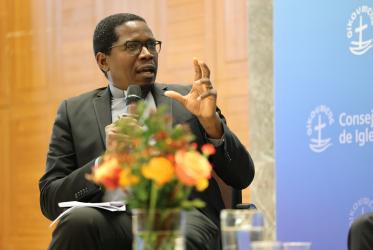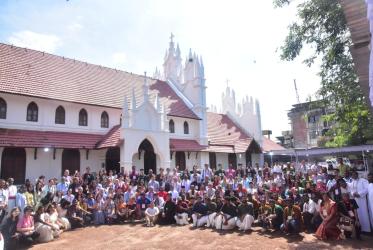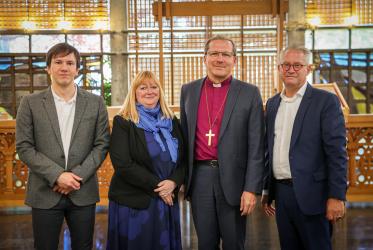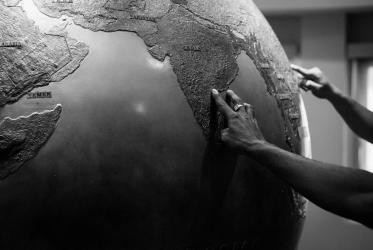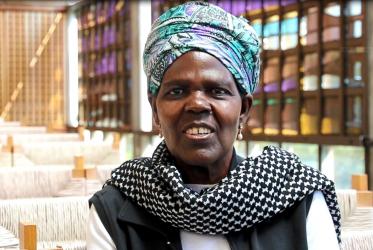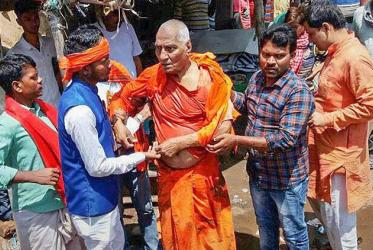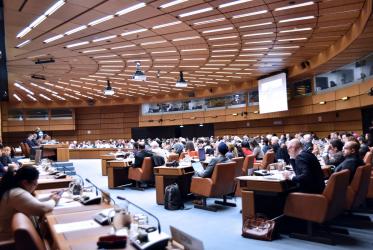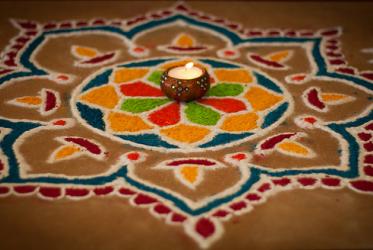Displaying 1 - 20 of 41
07 February 2024
Blending local and global ecumenism in Asia
02 November 2023
WCC hosts visitors from Finland, Germany, and Sweden
29 September 2023
Driven by God’s grace and a sense of duty
05 November 2020
WCC expresses sadness at passing of Swami Agnivesh
12 September 2020
WCC well-represented in Religions for Peace leadership
07 October 2019
WCC moderator “A call for equality in God’s house”
08 April 2019
#WCC70: Nathan Söderblom, ecumenical pioneer
29 August 2018
Turning plans into action to prevent incitement to violence
14 February 2018
Trying to do good for the world
18 December 2017
WCC offers greetings to Hindus celebrating Diwali
19 October 2017
Tveit offers inaugural address at Church of North India synod
04 October 2017
